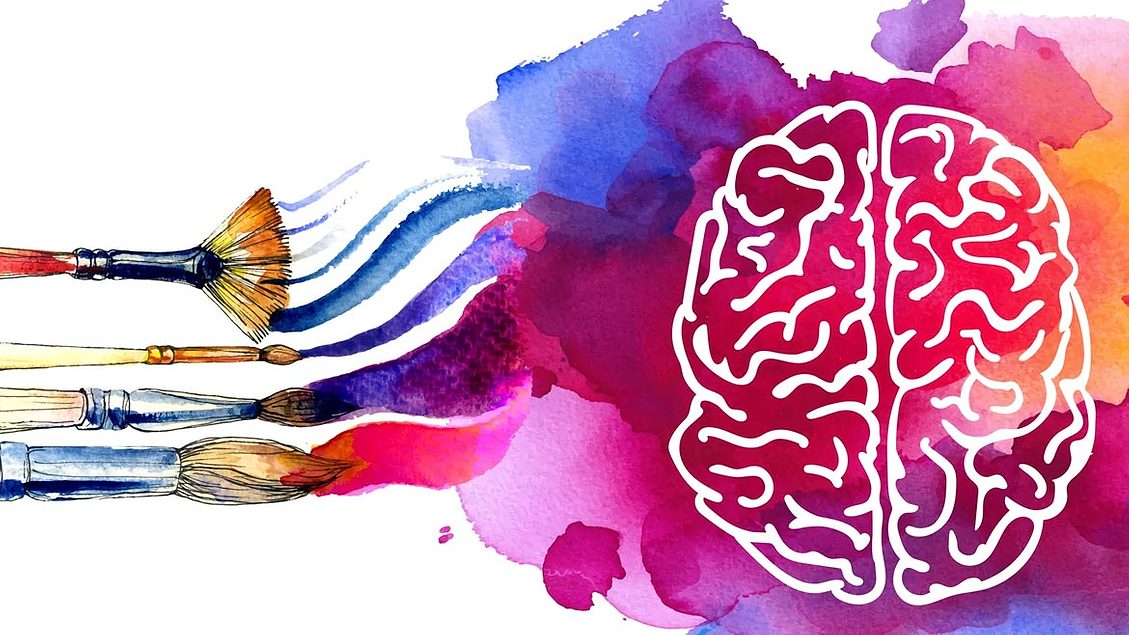Guarding the guardians: Importance of mental health for security personnel


No matter the industry — education, manufacturing, government, just to name a few — security professionals are tasked with safeguarding people, organizations and even nations from threats ranging from physical breaches to cyberattacks. Quite often this demanding field requires 27/7 vigilance, fast decision-making and resilience in the face of high-stakes situations.
With the focus often being on protecting others, the mental well-being of security professionals can be overlooked, and that can not only compromise the individual, but the overall effectiveness of security operations as well. That is why it is important for security leaders to foster a culture that promotes mental health awareness helping to prevent burnout among their security teams. And with May being Mental Health Awareness Month, there is no better time than the present to discuss this important topic. The topics of burnout and mental health are common topics at Security magazine. Here are what some security leaders have said:
“Organizational buy-in is imperative from the start. You must get stakeholders to commit to active shooter response plans at the beginning by having them provide the necessary resources and support,” says Mike Hasselbrink, Director of Physical Security at University of Alabama at Birmingham. “The right amount of effort on the front end will go a long way in providing the momentum needed to propel an active shooter program toward success. Success is everyone feeling and being safe and secure.”
“The thing that I always tell myself is, ‘It’s okay to feel burnt out. It’s okay to take breaks.’ There was a very long time in my career… where I was just go, go, go. It was, ‘How can I get to the next position? How can I get the next certification? How can I achieve the next thing, get accepted to speak at the next conference?’” says Meg West, X-Force Cybersecurity Incident Response Consultant at IBM. “Unfortunately, you get to this spot where you’re like, ‘Man, I don’t want to spend my time after work studying for a certification.’ And people feel ashamed or guilty about that, because unfortunately, there’s this air within cybersecurity that if you’re not constantly doing cybersecurity, then you’re not worthy of being in the field, or you’re not a good enough cybersecurity professional. And I’m here to tell you that that’s completely inaccurate. If you can’t sit down at your day job in the morning, put forth your best effort, and be curious, interested and passionate about helping out your company, then you’re probably too burnt out.”
“It’s so important to know why you’re getting into this field, because it’s not as glamorous as people may think it is,” Cadisha Miceli, Senior Security Coordinator, City of Toranto, says. “I’ve had some really interesting security details where I got to protect celebrities, got to meet famous athletes, but then there’s jobs where you’re dealing with some vulnerable communities, which could impact the mental health of any security professional. You need to be sure you’re in it for the right reasons.”
Mental health awareness and burnout prevention are critical to safeguarding the well-being of security professionals and by being aware of the unique challenges faced in these demanding careers, an organization can better ensure their security team’s resilience.
https://www.securitymagazine.com/articles/100643-guarding-the-guardians-importance-of-mental-health-for-security-personnel